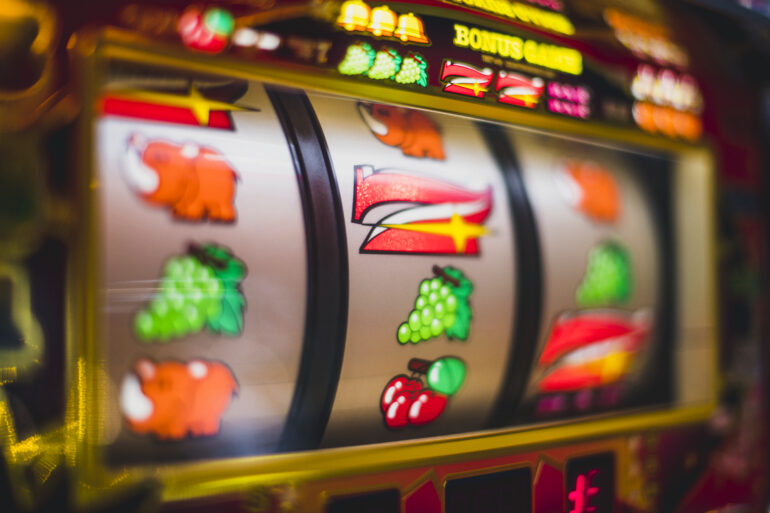That moment when the game show host announces “No More Bets” hits different than watching slot reels spin, doesn’t it? After playing both game formats for quite some time, I’ve noticed fascinating patterns in how these games affect entertainment value and bankroll sustainability. Let me break down what my tracking sheets revealed about these game formats.
Entertainment Value
Game shows deliver consistent entertainment regardless of winning or losing, while slots rely heavily on feature triggers for engagement. Based on my experience, most players rate their game show sessions as “highly entertaining” even when losing, compared to about a third of players saying the same about slot sessions. However, slots score a higher entertainment rating during bonus features. Game shows offer live host interaction, community chat engagement, and shared winning moments, while slots provide instant gratification and personal pace control.
I personally choose Neospin NZ to play both game types. They give daily cashback for every deposit, which is a super rare thing to find! Plus, if you play on Wednesdays, you get extra free spins (up to 100!).
Key entertainment factors:
- Game Shows
- Live host interaction and community chat
- Multiple decision points and strategy options
- Shared celebrations and multiplier moments
- Real-time community feedback and trends
- Traditional Slots
- Personal pace control and privacy
- More frequent wins (though smaller)
- Customizable autoplay and betting
- Immersive themes and animations
Return Rate and Bankroll Impact
Most players misunderstand how RTP works across these formats. While game shows typically advertise higher RTPs (97-99%) compared to slots (95-96%), the real-world returns tell a different story. Here’s what multiple tracked sessions revealed:
| Aspect | Game Shows | Traditional Slots |
| Advertised RTP | 97-99% | 95-96% |
| Base Game Return | 65-70% | 75-80% |
| Feature/Bonus Return | 28-32% | 15-18% |
Skill Element Impact
Both game formats involve skill – just different types. Game shows require quick decision-making and strategy adjustments based on host patterns and community behavior. I know players who actively engage with game statistics and track host patterns; they say this improves their win rates.
Traditional slots, meanwhile, reward proper bankroll management and game selection skills. The key difference? Game show skills revolve around timing and social pattern recognition, while slot skills focus on volatility management and session planning.
Bankroll Management Differences
Here’s an insight from my tracking data that surprised me: game shows require 3-4 times larger session bankrolls for equivalent playing time. A $100 bankroll typically lasts 2-3 hours on $0.20 slots but only 30-45 minutes on minimum-bet game shows. However, game shows offer more opportunities for significant multiplier wins. For game shows, you’ll want the bankroll equalling at least 100x the minimum bet for a decent session. With slots, you can start with 50x your bet size thanks to their higher base game hit frequency.
Risk Management Strategies
Game shows and slots demand distinctly different risk approaches. Slot bankroll management typically follows a linear pattern: set limits, adjust bets based on balance changes, and stop when reaching predetermined thresholds. Game shows, however, require dynamic adjustments due to their multiplier-heavy nature.
Speaking from experience, slots perform best with a 1-2% per spin allocation of your session budget. So a $100 bankroll suggests $1-2 bets. Game shows operate differently – you’ll need to account for potential multiplier sequences. A safer approach allocates 0.5-1% per round because these games often create longer losing streaks between significant wins.
Conclusion
The “better” choice depends entirely on what you value in your gaming experience. Game shows excel at creating memorable moments and social interaction but demand larger bankrolls and more active engagement. Traditional slots offer more control over your experience and better bankroll sustainability but can feel isolating. Match your choice to your playing style and entertainment preferences rather than just chasing the highest theoretical returns.






